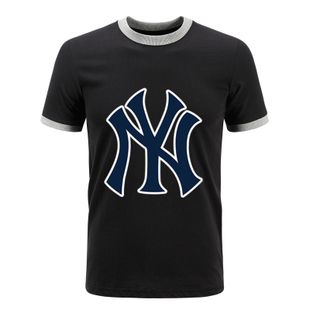The material and workmanship requirements for custom-made clothes vary from person to person and depend on personal needs, aesthetic preferences, usage environment and other factors. The following are some common material selection and process requirements for customized clothes to help you better understand:
1. Material selection:
– Fabric selection: Depending on the season, occasion and functional requirements, you can choose different fabrics such as cotton, wool, silk, linen, nylon, polyester and so on. Each fabric has its own characteristics, such as cotton is breathable and comfortable, wool is warm and soft, and silk is noble and shiny.
– Quality factors: When selecting materials, the quality and durability of the fabric should be considered to ensure that the clothing has a long life and a high-quality feel.
– Sustainability: More and more people are paying attention to sustainability, so for customized clothes, you can choose to use sustainable materials such as environmentally friendly fibers and organic cotton.
2. Craftsmanship requirements:
– Cutting and sewing: Customized clothes require precise tailoring and exquisite sewing technology to Ensure the fit and appearance of clothing.
– Handmade details: Some customers may wish to add handmade details to their clothes, such as embroidery, lace, beads, etc. This requires experienced craftsmen to complete.
– Overall design: Different clothing styles and styles require different designs and craftsmanship. For example, customized suits require professional tailoring and meticulous decoration.
3. Personalized needs:
– Size customization: Customized clothes allow size customization to ensure comfort and fit. Spend. Customers can provide detailed body data, including shoulder width, chest circumference, waist circumference, hip circumference, etc., so that the production staff can make adjustments according to the actual situation.
– Color and pattern: Customers can choose their favorite colors and patterns, which requires the production staff to provide appropriate dyeing and printing technology.
– Special requirements: Some customers may have special requirements, such as enlarged pockets, extended hems, etc., which require production staff to customize according to customer requirements.
In short, the material and process requirements for customized clothes are flexible and diverse. According to personal needs and preferences, you can choose appropriate fabrics and corresponding process methods. Through full communication and cooperation with production staff, personalized, high-quality customized clothing can be achieved.







